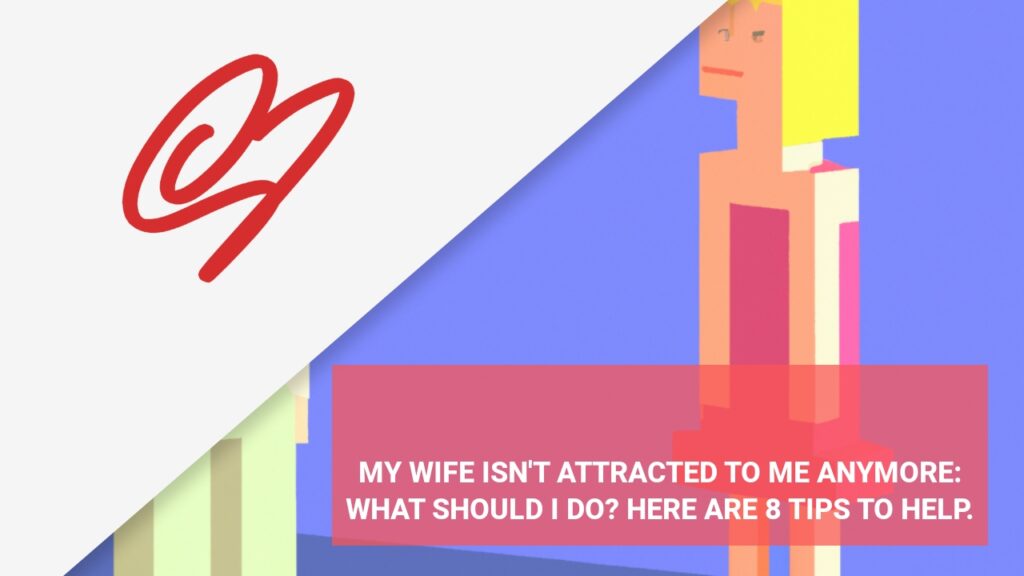My Boyfriend Said Love You: What It Means
When your significant other says "love you," it can feel like a big deal. But what does it really mean? In most cases, it’s a declaration of their feelings for you. They’re saying that they care about you deeply, and that they’re invested in your relationship. It’s a sign of commitment and affection. However, it’s important to remember that everyone expresses love differently, and not everyone attaches the same weight to these words. For some people, saying "love you" is simply a habit or a casual phrase they use with friends and family. So, while it’s a positive thing to hear, it’s important to take the context and the person into consideration when interpreting its meaning.
How to Respond When He Says "Love You"
If your boyfriend says "love you" to you for the first time, it can be nerve-wracking to know how to respond. The best approach is to be honest and authentic. If you feel the same way, you can say "I love you too" in return. If you’re not quite there yet, you can express your appreciation for his feelings and say something like, "I care about you a lot too." Or, if you’re unsure of your feelings, you can simply say thank you and let him know you need some time to process. The key is to stay true to yourself and your emotions.
Why Saying "Love You" is Important
Saying "love you" is important because it helps to reinforce the emotional connection between two people. It’s a way of communicating how much you value and cherish the other person. It can also help to strengthen the bond between partners by building trust and intimacy. By expressing love, you’re opening yourself up to vulnerability and creating a safe space for your partner to do the same. Additionally, saying "love you" regularly can improve your mood and overall wellbeing.
Signs Your Boyfriend is Ready to Say "Love You"
If you’re wondering whether your boyfriend is ready to say "love you," there are a few signs to look out for. Firstly, he may start to become more affectionate and attentive towards you. He may also become more open and vulnerable in his conversations with you. He may start to talk about the future and make plans that involve both of you. Additionally, he may start dropping hints or saying things that allude to his feelings, such as "I really care about you" or "You mean so much to me."
Dos and Don’ts When Responding to "Love You"
When responding to your boyfriend’s "love you," there are a few dos and don’ts to keep in mind. Firstly, do be honest about your feelings. It’s important to communicate openly and authentically. Secondly, do express your gratitude and appreciation for his feelings. This can help to build intimacy and trust. Thirdly, do take some time to reflect on your feelings if you’re unsure. It’s okay to need time to process. On the other hand, don’t feel pressured to say "love you" back if you’re not ready. It’s important to stay true to your emotions. Lastly, don’t dismiss or belittle his feelings. Even if you don’t feel the same way, it’s important to respect his emotions and respond with kindness.
How to Show Your Love Without Saying "Love You"
If saying "love you" doesn’t come naturally to you, there are other ways to show your love and affection towards your partner. You can make an effort to spend quality time together, listen actively to their concerns, and do thoughtful things for them. You can also express your love through physical touch, such as hugs or kisses. Additionally, you can use words of affirmation, such as "I appreciate you" or "You make me so happy."
When is the Right Time to Say "Love You"?
There’s no set timeline for when the "right" time is to say "love you." It’s ultimately up to you and your partner to decide when you feel comfortable expressing this sentiment. However, it’s important to make sure that both you and your partner are on the same page and that you’re both in a good emotional space. It’s also important to consider the context and the relationship itself.
The Power of Saying "Love You" in a Relationship
Saying "love you" can have a powerful impact on a relationship. It can help to create a deeper emotional connection between partners and build a sense of trust and intimacy. It can also help to improve overall wellbeing and happiness. However, it’s important to remember that saying "love you" is just one way of expressing love and affection. It’s important to find what works for you and your partner and to communicate openly and honestly about your feelings.
FAQs
-
What should I do if my partner doesn’t say "love you" back?
- It’s important to remember that everyone expresses love differently. If your partner doesn’t say "love you" back, it doesn’t necessarily mean they don’t care about you. Give them some space and try to have an open conversation about your feelings.
-
Is it okay to say "love you" too soon in a relationship?
- There’s no set timeline for when it’s "too soon" to say "love you." It’s ultimately up to you and your partner to decide when you feel comfortable expressing this sentiment. However, it’s important to make sure that both you and your partner are on the same page and that you’re both in a good emotional space.
-
Can saying "love you" too often hurt a relationship?
- Saying "love you" too often can potentially diminish its impact over time. However, it’s important to find a balance and express your love in different ways as well. It’s also important to communicate openly with your partner and make sure that you’re both comfortable with the frequency of the phrase.

